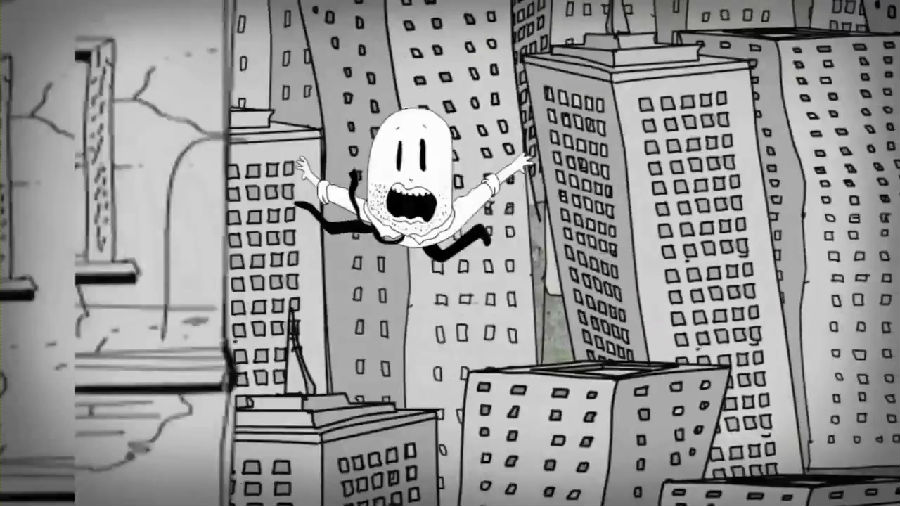Why are these people now less likely to take their own lives? Urbanisation and greater freedom have helped. Accounts of those who attempt suicide, and of the relatives of those who succeed, suggest that many young Asian women were driven to despair by violent husbands and overbearing in-laws. As people move to cities and the grip of tradition loosens, women have more choice about whom they marry or live with, making life more bearable. Leaving the village helps in another way, too. Because farming involves killing things, rural folk are likelier to have the means to kill themselves—guns, pesticides—to hand.
为何这三类人自杀几率变低?城市化和更多自由起到了帮助作用。根据企图自杀的人以及自杀人亲属描述,许多亚洲年轻女性是被家暴的丈夫和专横的亲戚逼至绝望。随着人们向城市迁移,传统的束缚逐渐放松,女性在选择结婚对象或同居对象方面有了更多的选择,这让生活变得更容易忍受。离开农村在另一方面也有帮助作用。因为农业涉及到杀生,所以农村人更有可能拥有亲手杀死自己的武器——枪支、杀虫剂。
Social stability is also a factor. In the turbulence that followed the collapse of the Soviet Union, many middle-aged people saw their sources of income and status collapse. Unemployed people kill themselves at around two-and-a-half times the rate of those in work. The financial crash of 2007-08 and the resulting recessions are reckoned to have caused an extra 10,000 or so suicides in America and western Europe. As crises recede and employment rises, so suicide tends to ebb. And falling poverty rates among the old, which have declined faster than among other groups globally, are reckoned to have contributed to the drop in the number of elderly suicides.
另一因素是社会稳定。苏联解体后,社会动荡,很多俄罗斯中年人收入和社会地位骤降。失业人群自杀率约为在职人群的2.5倍。2007-08年的金融危机以及随之而来的经济衰退据估计已经在美国和西欧造成了大约1万人自杀。随着危机消退,就业率上升,自杀倾向也会下降。与全球其他群体相比,老年人贫困率下降的速度更快,据估计,这也是老年人自杀人数下降的原因之一。

But the decline is not just the consequence of big social trends. Policy plays a role, too. When Mikhail Gorbachev restricted the production and distribution of booze in the mid-1980s, both drinking and suicide fell sharply. The collapse of the Soviet Union swept those regulations aside, and both drinking and suicide shot up again. Restrictions introduced by Vladimir Putin in 2005 are reckoned to have contributed to the recent decline.
但这种下降不仅仅是大社会趋势的结果。政策也起了作用。上世纪80年代中期,前苏联领导人米哈伊尔·戈尔巴乔夫限制酒精的生产与分销后,酗酒与自杀的情况都大幅下降。苏联的解体将这些规定抛在脑后,酗酒和自杀事件再次发生。据估计,到了2005年,时任俄罗斯总统普京再度出台相关限制措施后,让近年自杀率再次下降。
Governments can also help limit the consequences of social and economic turbulence. Active labour-market policies, which help re-train jobless workers and ease them back into work, prevent many suicides. And spending on health services, especially those that most benefit the old and sick, can make a big difference: fear of chronic pain is one of the things that leads people to seek a quick way out. The remarkable recent fall in suicide among elderly Britons may have happened in part because Britain’s palliative-care system is the best in the world.
政府还可以帮助限制社会和经济动荡的后果。通过制定积极的劳动力市场政策,帮助重新培训失业工人并使他们轻松地重返工作岗位,以预防自杀事件。增加医疗服务上的支出,可以使老年人与病人受益,因为对慢性疼痛的恐惧往往是他们寻求自杀的一个重要因素。近年英国老年人自杀率的显著下降,就归功于英国的完备“缓和医疗”制度。
译文由可可原创,仅供学习交流使用,未经许可请勿转载。













